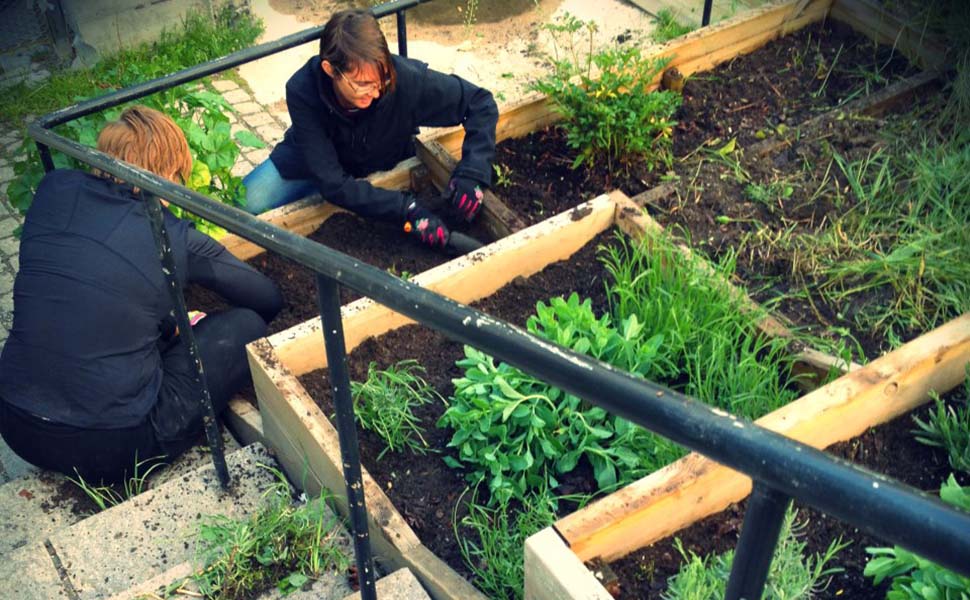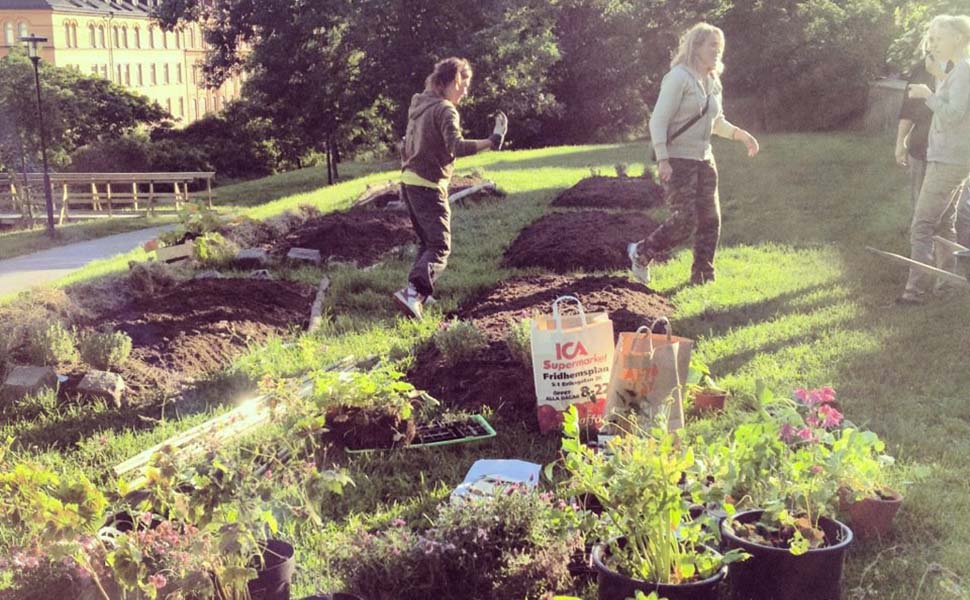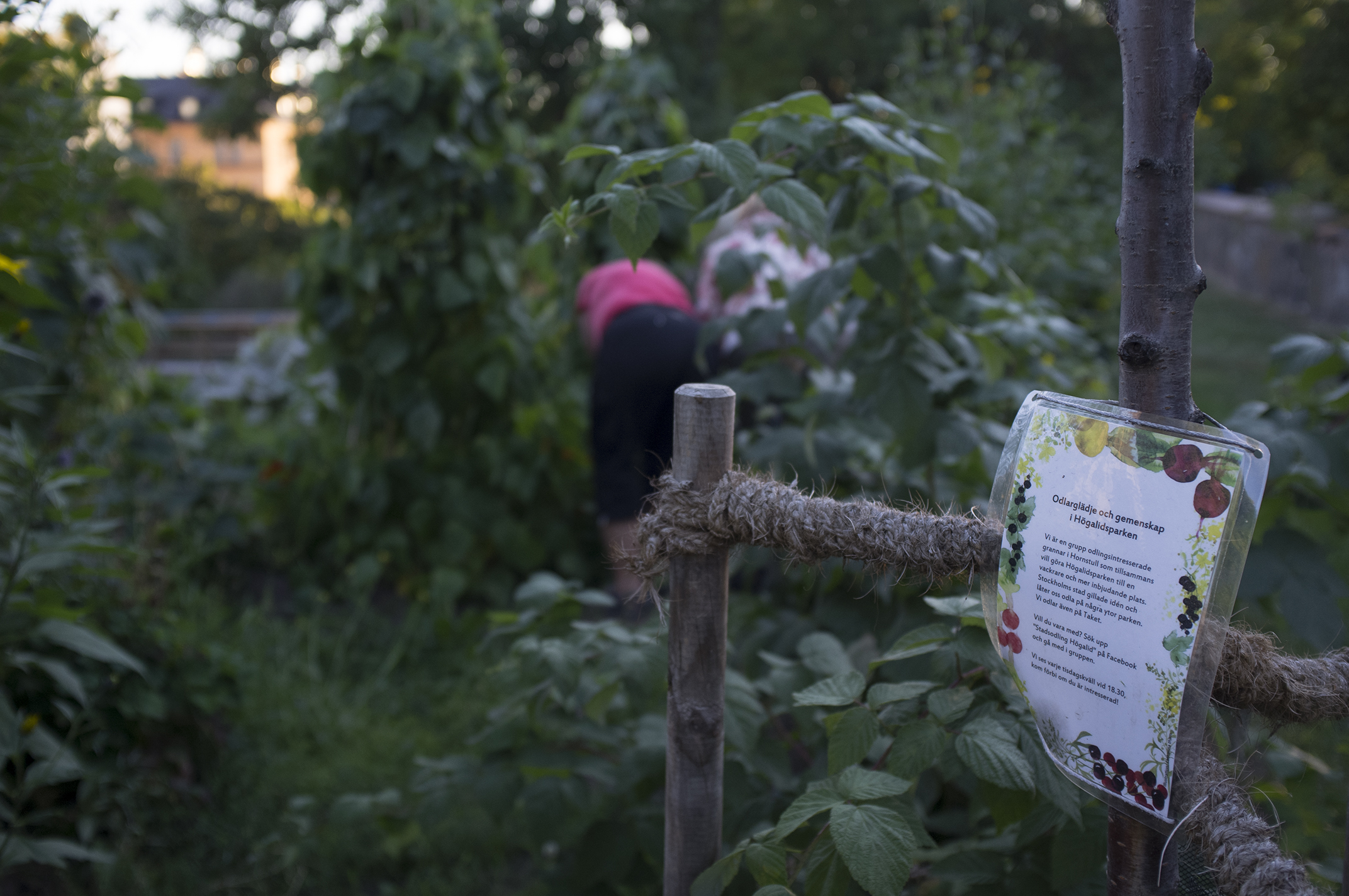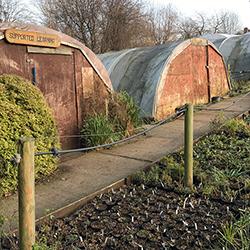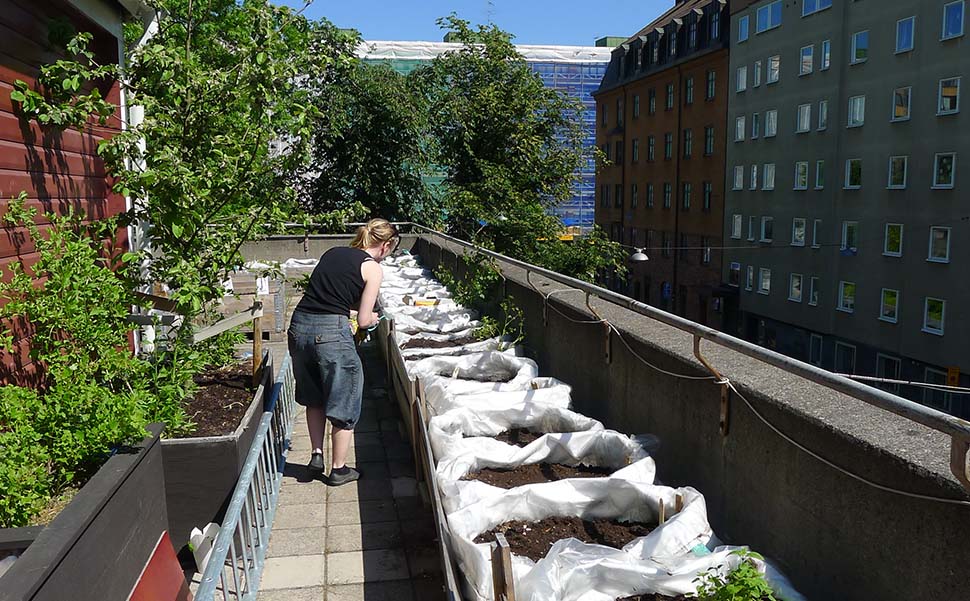
PhD project: A Biologically-Centered Framework in Urban Foodscapes
We are facing increasing urbanization and heightened challenges around food security. As a response to this, there is a rising movement to make food more accessible in cities. Urban agriculture, and re-imagining parts of the urban space as a farm or a so-called ‘food-scape’, responds to these societal challenges. These spaces that can be created in the city have the possibility to serve as active and participatory social entities, as well as places of ecological well-being and awareness towards sustainable urban development.
This project's vision and a task is to rethink how we live and feed ourselves in Nordic urban contexts, whilst designing cities with small ‘foodprints’.The focus is on the distinct topics of food, architecture, senses and urbanism. Explored through the distinct study of organoleptic qualities in urban foodscapes as a way to explore food systems on both the macro and micro levels and also through an artistic lens. Foodscapes refers to food-related places in cities where food is produced, consumed, traded, and distributed. Whereas Urban Organoleptic refers to spaces in cities that are capable of stimulating the senses.
The study areas for the project are predominantly the cities of Stockholm and Gothenburg, however best case practices throughout Sweden are also being researched.
Project members involved in this project, apart from project leader Anna Maria Orru, are Hye Kyung Lim (PhD - Chalmers), Per Myren (Changemaker AB), Carl Henrikson (Milestones AB) and co-workers at Gröna Linjen.
There has been collaboration between this project and the PhD project Urban CoMapper© The Sustainable Compact and Green City.
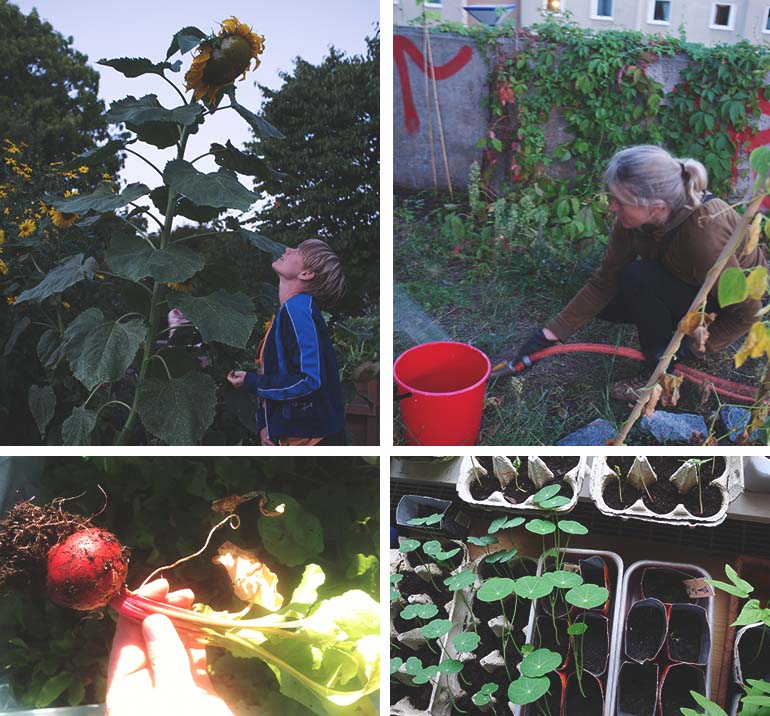
Pictures copyright: Anna Maria Orru and Christina Schaffer (from Högalids Stadsodling)
